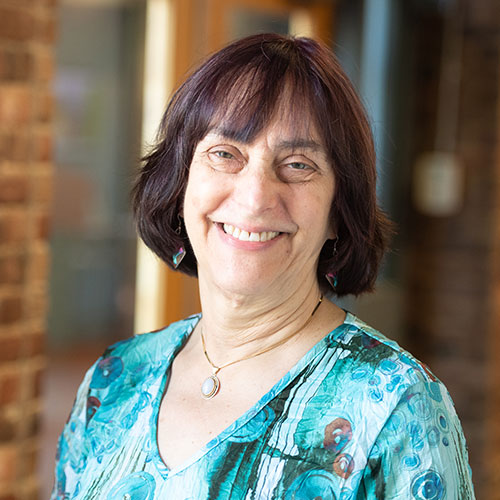
TERC Principal Scientist Andee Rubin served on the National Academies of Sciences, Engineering, and Medicine consensus committee that authored Data and Computing in K–12 Education: Foundational Competencies. The report will be released on March 12, 2026.
Score: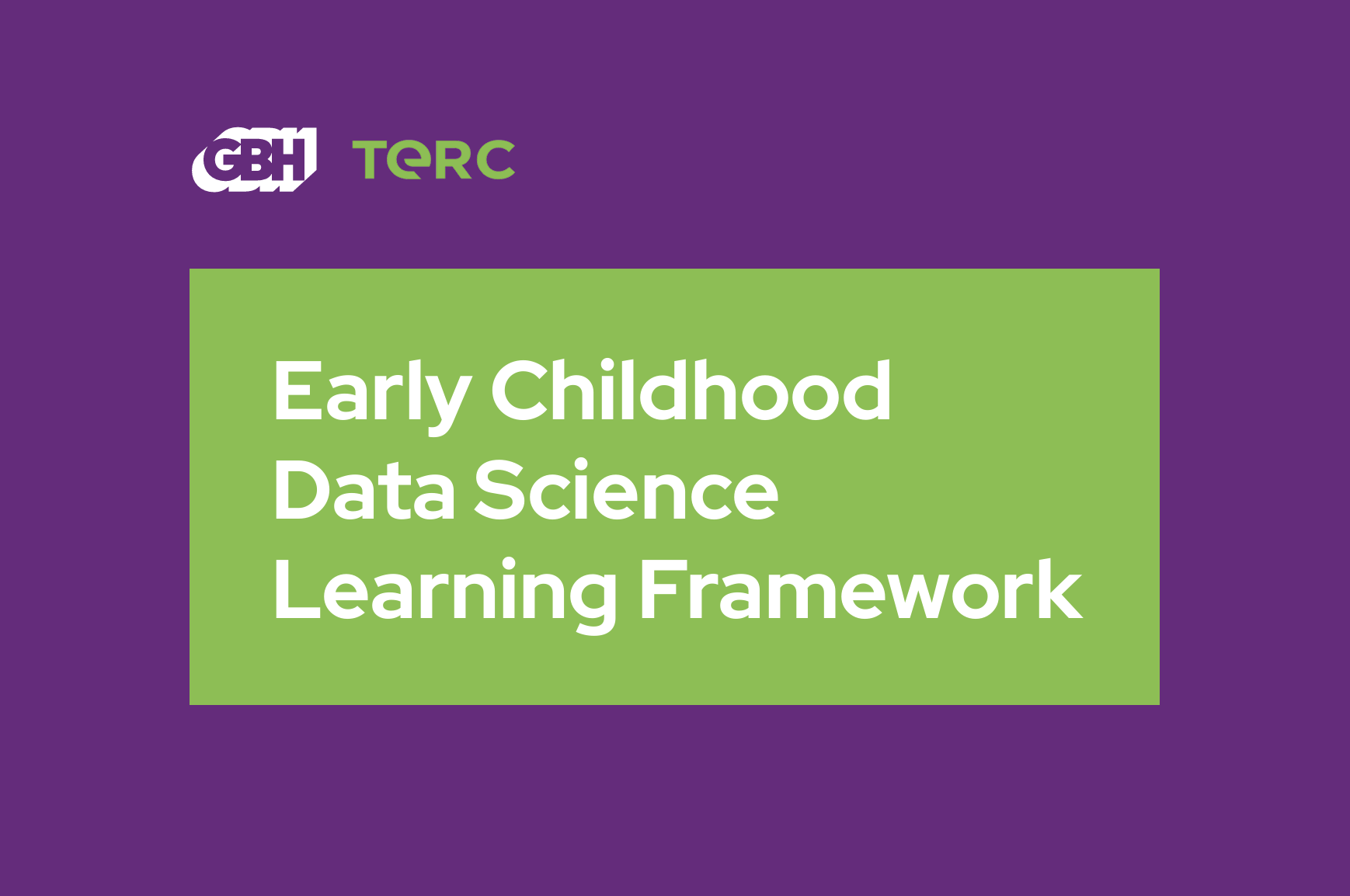
GBH and TERC are proud to announce the release of the new Early Childhood Data Science Learning Framework, a resource designed to support data science learning in preschool classrooms and informal learning environments.
Score:
This study highlights how caregivers from low-income communities actively leveraged an informal engineering program to support their own and their families’ interests, challenging deficit-based views of STEM engagement and calling for approaches that center family voices and experiences.
Score:
TERC is proud to share that Kelly Paulson has been selected as a judge for the 2026 Educating All Learners Alliance (EALA) New Champions Fund.
The New Champions Fund supports education leaders who are working to increase access, belonging, and opportunity for students with disabilities and learning differences—especially those with bold, innovative ideas who may face barriers to traditional fundraising pathways.
Score: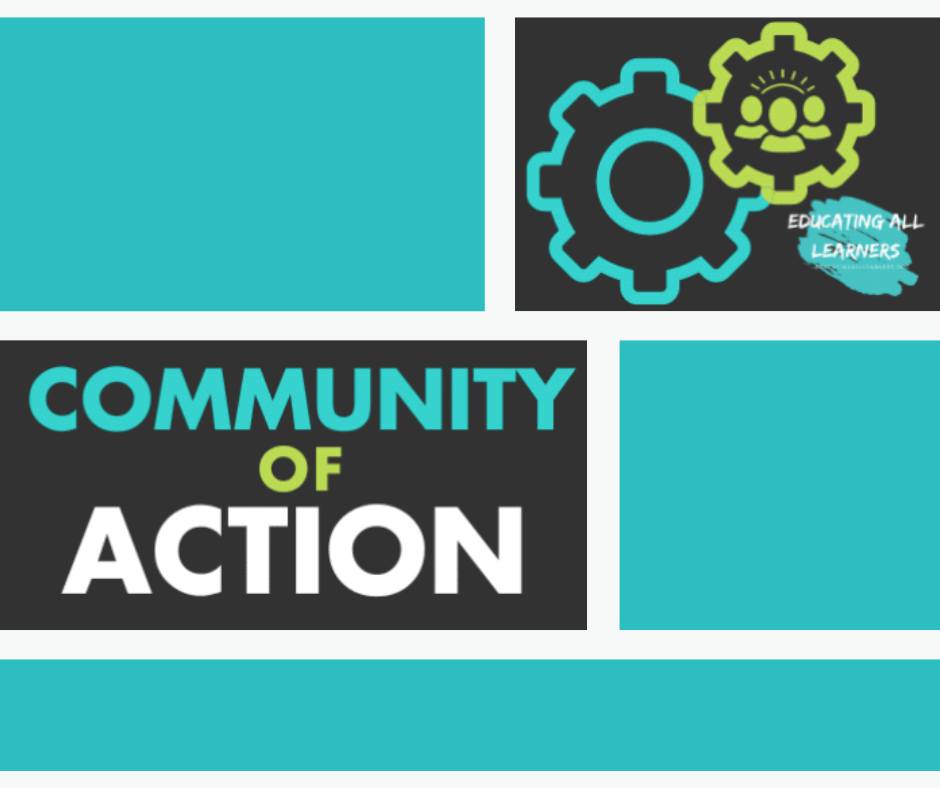
ND in STEM team member Kelly had the privilege of attending the EALA, an alliance dedicated to support for students with disabilities and learning differences
Score: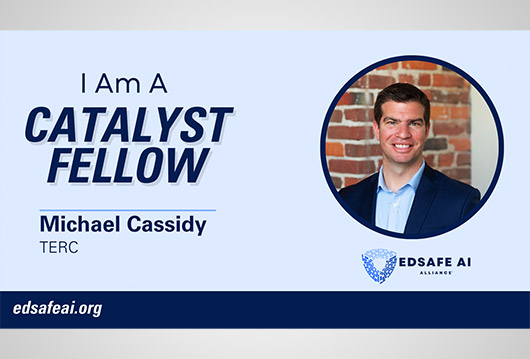
Through this fellowship, Michael will collaborate with peers across sectors to contribute to work that ensures AI technology in education benefits all learners, work that strongly aligns with TERC’s values.
Score: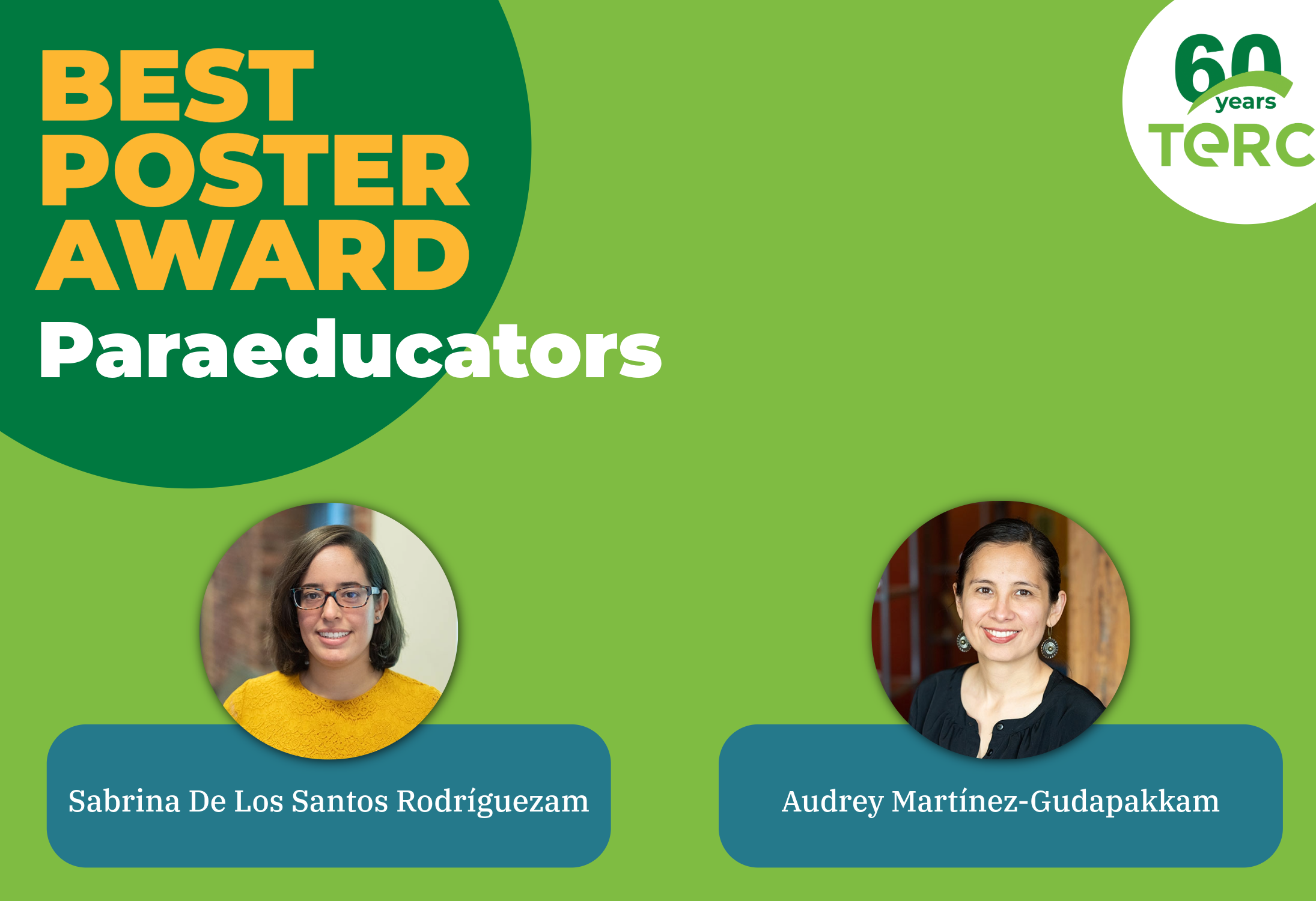
TERC is proud to celebrate Audrey Martínez-Gudapakkam and Sabrina De Los Santos Rodríguez, recipients of the ICQE 2025 Best Poster Award from the International Society for Quantitative Ethnography. Their award-winning poster, Paraeducator Journeys in Mathematics, explores how hands-on professional development can positively shift PK–3 paraeducators’ confidence, efficacy, and understanding of math instruction.
Score: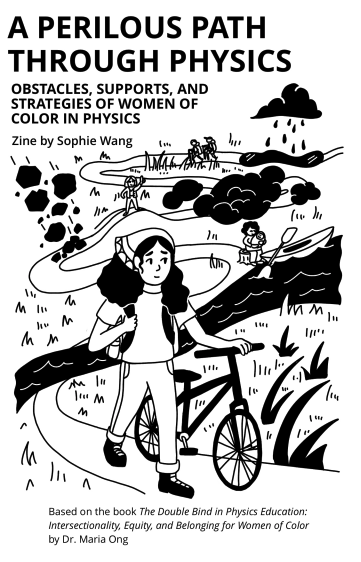
TERC announces the release of A Perilous Path Through Physics: Obstacles, Supports, and Strategies of Women of Color in Physics, a comic zine that brings to life key themes from The Double Bind in Physics Education by TERC Senior Research Scientist Dr. Maria Ong. Created by researcher, educator, and artist Sophie Wang, the zine uses visual metaphor and storytelling to help readers reflect on how barriers, supports, and systemic factors shape the experiences of women of color in STEM.
Score:
Harm in the Water exposes generations of environmental injustice and the resilient voices fighting for their right to clean water.
Score:
EMPower is a seven-title math series developed by adult education experts and field-tested in real classrooms.
Score:
